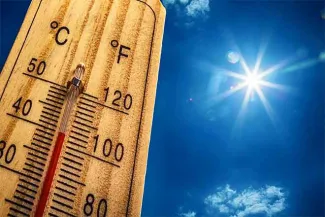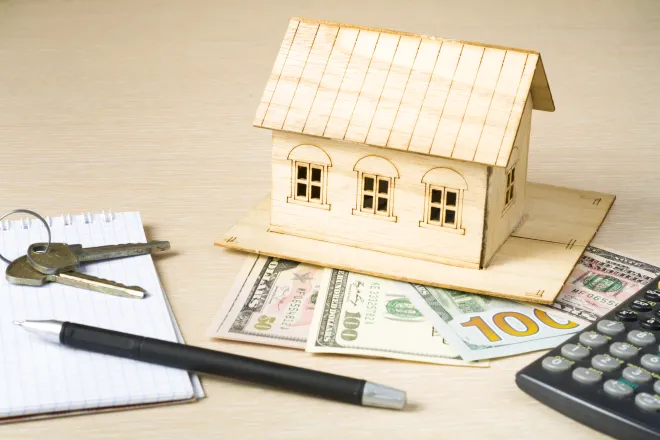
EarthTalk - How can I stay cool but stay green this summer?
© iStock
Dear EarthTalk:
What's the latest in residential air conditioning? How can I stay cool but stay green this summer?
Jackie B., Reno, NV
The environmental impact of traditional air conditioning systems is significant. Fortunately, there are several advancements in A/C technology that allow you to stay cool while minimizing your carbon footprint. Here’s are some eco-friendly cooling solutions and tips on how to stay green this summer.
One of the significant advancements in A/C is inverter technology. Unlike traditional units that turn on and off to regulate temperature, inverter models adjust the compressor motor speed to maintain a consistent temperature. This is more efficient and reduces wear and tear, extending the life of the unit.

© iStock - MarianVejcik
Harnessing solar energy for cooling is a game-changer. Solar-powered A/C units use photovoltaic panels to convert sunlight into electricity, significantly reducing reliance on the grid and lowering electric bills. The initial installation can be costly, but the long-term savings and environmental benefits are substantial.
Another green option is geothermal heat pumps that utilize stable underground temperatures to cool in the summer and heat in the winter. These systems use up to 50 percent less power than conventional heating and cooling. Installation is complex and expensive, but the energy savings over time can be significant.
When selecting an A/C unit, look for models with high Seasonal Energy Efficiency Ratios (SEER) and Energy Star certifications. These ratings indicate that the unit meets stringent energy efficiency guidelines set by the U.S. Environmental Protection Agency (EPA), ensuring reduced energy usage and lower carbon emissions. Meanwhile, ensure that your air conditioning system is running efficiently by scheduling regular maintenance. Cleaning or replacing filters, checking for leaks, and ensuring the unit is in good working order can improve performance and extend its lifespan.
Regardless of the type of cooling technology in your home, investing in a smart thermostat can optimize your system's efficiency. These devices learn your schedule and preferences, adjusting temperatures automatically to reduce energy consumption when you’re not home. They can also be controlled remotely via smartphone apps, allowing you to make adjustments on the go.
Another way to keep the indoors cool—and reduce the load on whatever A/C system you have—is to improve insulation. Use fans to circulate the air inside to make it feel cooler than the actual ambient air temperature. And use curtains, blinds or reflective window films to block the sun's heat during the hottest parts of the day. Plant trees or install awnings outside to provide shade and reduce heat gain. And open windows to circulate fresh air, which reduces the need for A/C anD also improves indoor air quality.
CONTACTS
- ENERGY STAR Most Efficient 2024: Room AC, https://www.energystar.gov/most-efficient/me-certified-room-ac/results?is_most_efficient_filter=Most+Efficient
- 5 Ways to Stay Cool During Extreme Heat, https://www.fema.gov/blog/5-ways-stay-cool-during-extreme-heat
- How to stay cool without air conditioning, https://www.cnn.com/2022/07/18/health/how-to-stay-cool-without-air-conditioning-wellness/index.html
- How to Choose an Energy-Efficient Air Conditioner, https://www.constellation.com/guides/appliances/energy-efficient-air-conditioners.html.
EarthTalk® is produced by Roddy Scheer & Doug Moss for the 501(c)3 nonprofit EarthTalk. See more at https://emagazine.com. To donate, visit https://earthtalk.org. Send questions to: question@earthtalk.org.
















